Good Neighbors
By House Majority Leader Will Mortenson and Senate Majority Leader Casey Crabtree
February 3, 2024
South Dakota is a special place. We are blessed with natural wonders, fertile soil, room to roam, and freedoms that most people in the world envy. What makes South Dakota exceptional are the people and how we treat one another. Here in South Dakota, we embody the value of being a good neighbor. From helping with ranch chores, harvest, child care, or an emergency, South Dakotans are always stepping up to help others.
Just like any family, there are times we may disagree. Today, we are faced with strong feelings on both sides of the land use debate related to carbon dioxide pipelines. The proposed project has led to emotional conversations in the Legislature, at county commission meetings, and around dining room tables.
Going into the 2024 Session, both of us as Republican Majority Leaders are committed to finding a path forward that benefits landowners and sets clear expectations of regulatory and procedural requirements for those who want to do business in South Dakota. For those who want to become our neighbors and do business here, they will need to do so the South Dakota way, as good neighbors.
We know this is a contentious issue, but we also know South Dakotans can come together to enact good public policy. Both of us have talked to landowners opposed to the project as well as landowners willing to work on easements. Based on those conversations, it is clear that the time is now for impactful change related to the planning, siting, surveying, permitting, and safety mitigation regarding CO2 infrastructure projects while also reaffirming protections to landowners.
Last year, the two of us and our respective chambers were on the opposite side of this issue, and we left Pierre in a stalemate. After lengthy discussions with landowners, ag producers, landowner-rights groups, county commissioners, and our colleagues in the Legislature, it became clear that we all agreed far more than we disagreed. Together, we have worked on proposals that focus on a project development process; one that promotes respect, fairness, and certainty for everyone involved.
There is widespread agreement that South Dakota needs to be forward thinking. As a state dependent upon agriculture, our prosperity depends on national and global markets, and we must embrace emerging industries that leverage our commodities. Doing so creates jobs, feeds families, pays off loans, puts dollars into local economies, and, most importantly, helps create a brighter future for our state and its next generation. This is another way we are focused on helping people because a rising tide lifts all boats. A strong ag economy in South Dakota helps everyone.
Policy reform is needed, and that will require good-faith discussions based on facts among everyone willing to have a serious discussion on protecting property rights while also setting in place a process for projects with tremendous public benefit. With that as our starting point, we have introduced legislation to keep our state open for business while reaffirming our commitment to protecting the people of South Dakota.
We have introduced three bills this year that we are asking our fellow legislators to support–HB 1185, HB 1186, and SB 201. As a package, these bills address many of the concerns we have heard since the CO2 pipeline projects began. These landowner protections include:
1. Additional compensation to landowners when building for-profit infrastructure projects.
2. Safety enhancements, including additional minimum depth to 4 feet and required release of all dispersion and impact models.
3. Liability protection, including lifetime repair of drain tile, indemnification for harm done to land, livestock, and residents.
4. Improved land surveying process. For survey and siting, planners must provide a description of the area, anticipated date(s) and time(s), length of time needed, work description, and contact information for the company. Landowners may challenge the request within 30 days.
5. Project planners must provide additional safety and land-use studies to justify the project need, their ability to protect landowners, and ability to follow through on their commitments.
6. Land agents for CO2 pipeline projects must be South Dakota-based.
7. Easements for CO2 pipeline projects expire after five years if the developer is unable to construct the project.
This is truly a consequential year for lawmakers in Pierre. We can come together and support common sense reforms that protect landowners, we can fight to squander economic development that benefits the state as a whole, or we can leave session in a stalemate once again.
Together, we’re committed to continuing the South Dakota tradition of being good neighbors and right-sizing the issues that have emerged to forge a path forward that respects landowners, creates fairness for landowners and developers, and provides certainty for all parties on the process to be followed for infrastructure projects in our state.
###


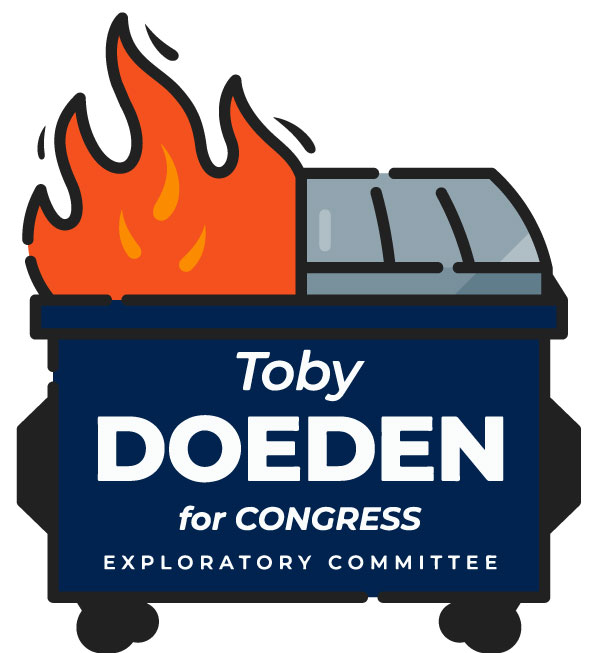

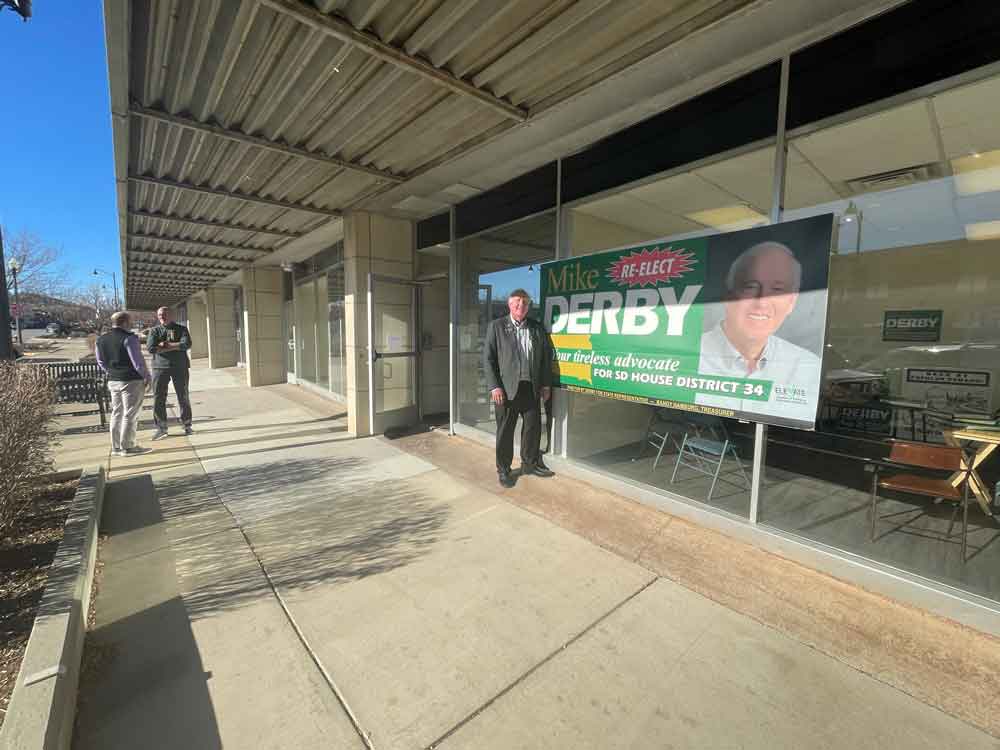
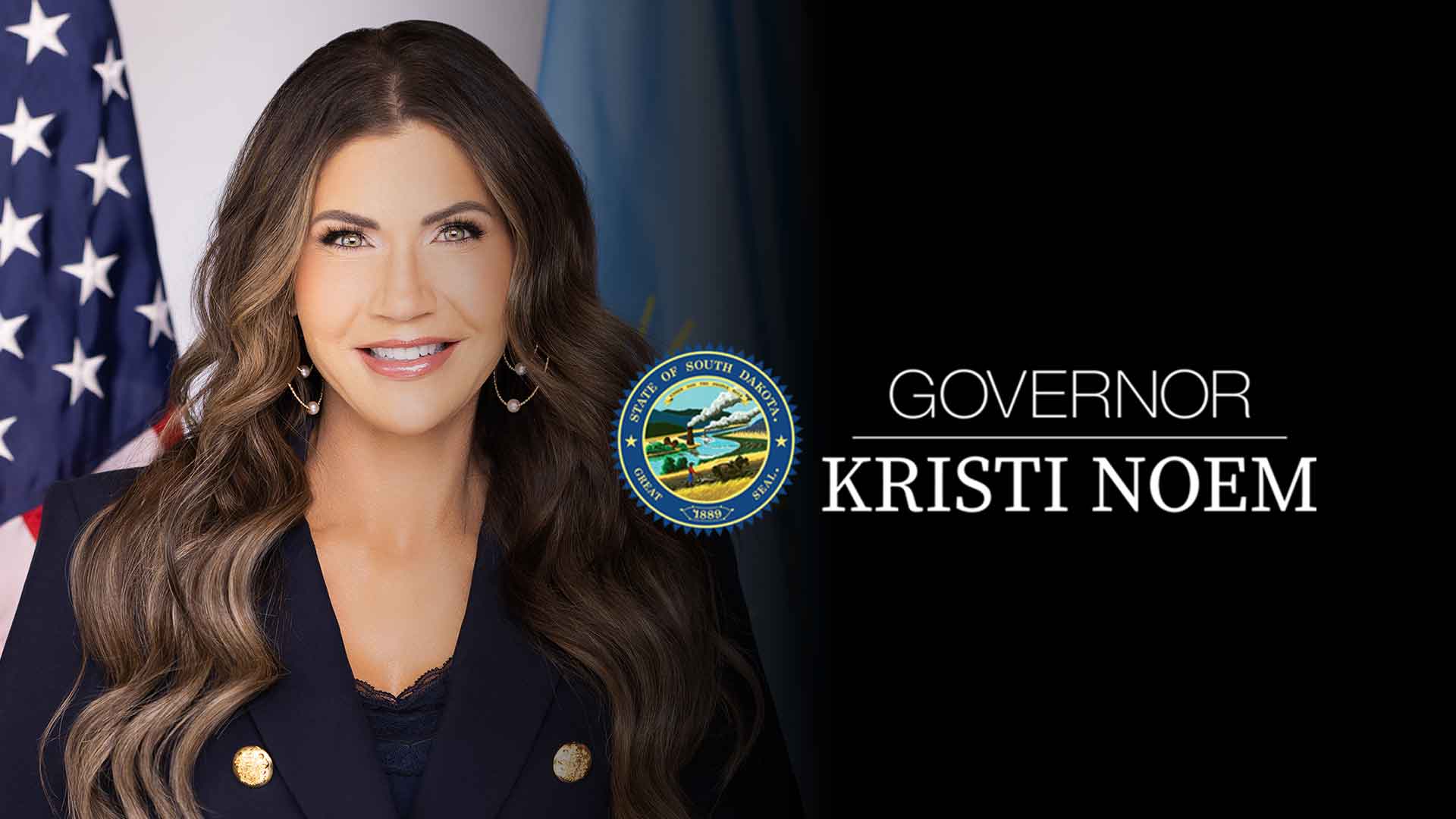
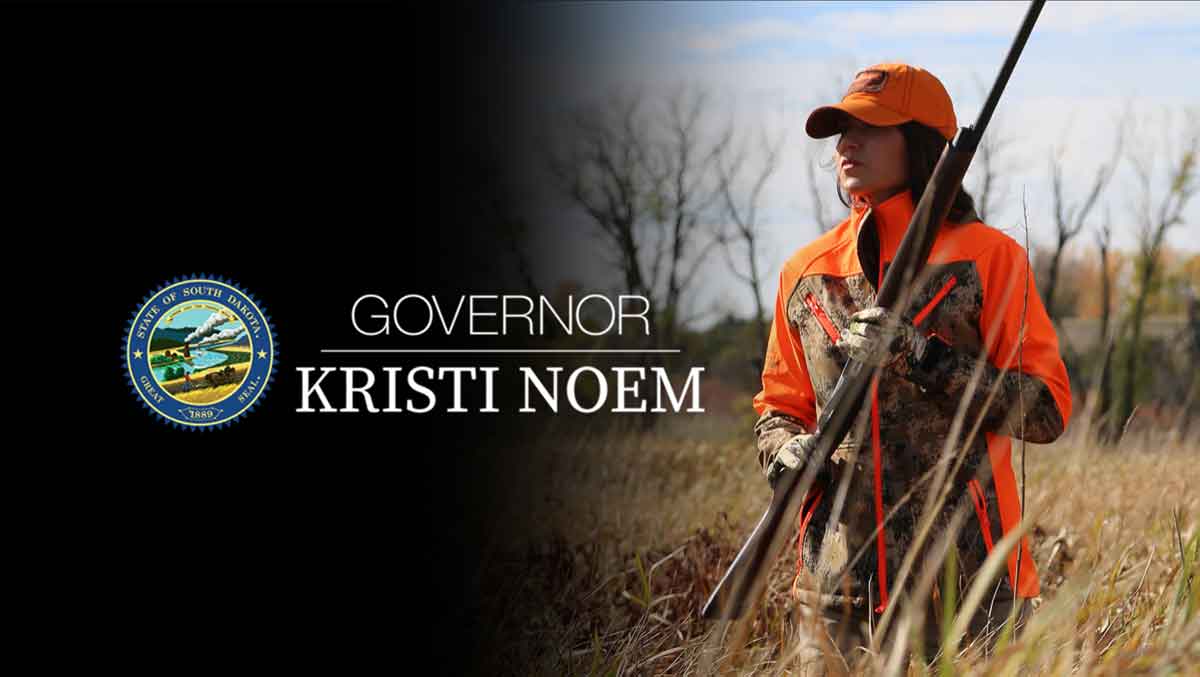
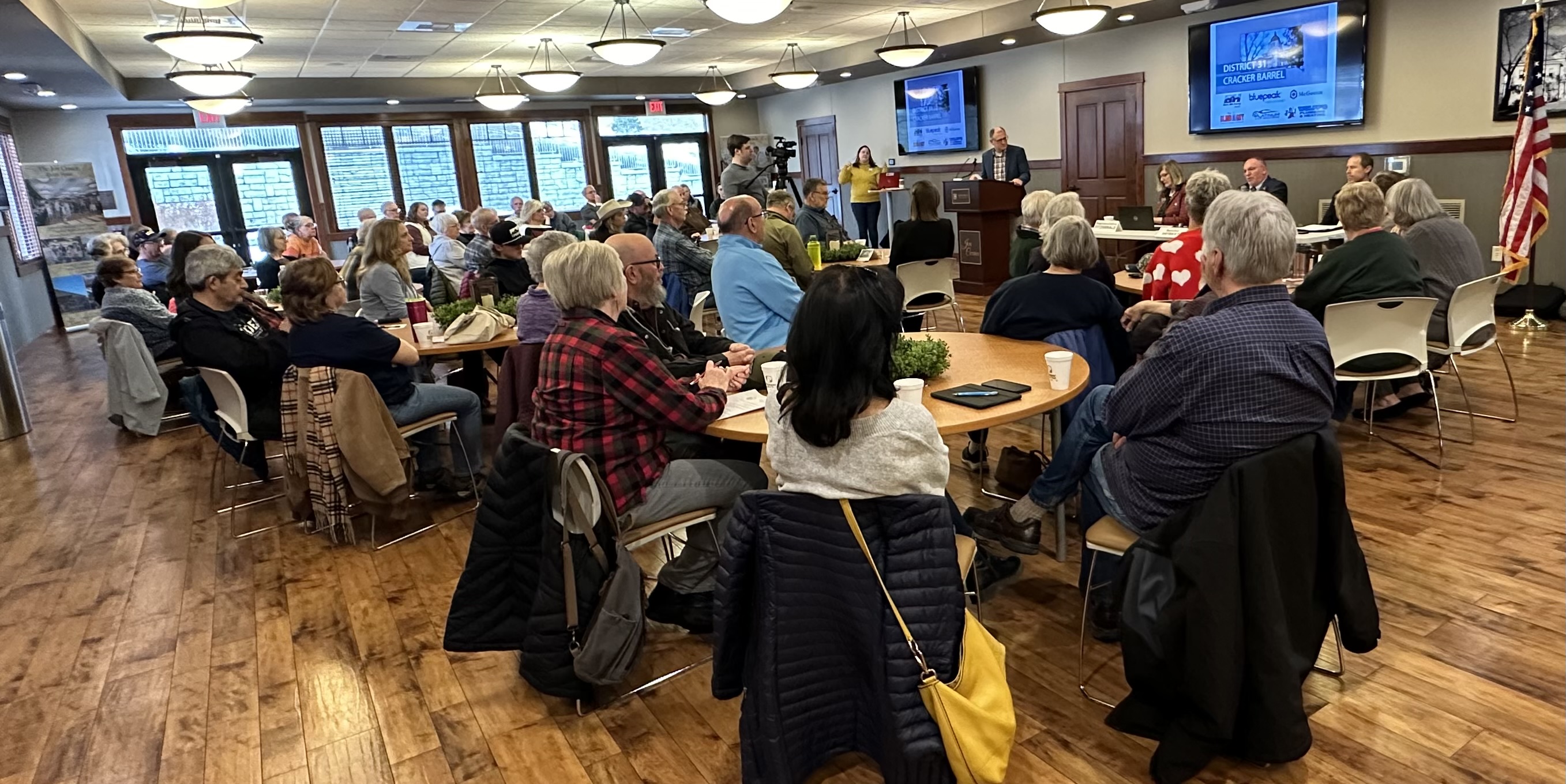 Out in Spearfish hauling more stuff to my bride this weekend, so taking the opportunity to tag along to today’s crackerbarrel with her.
Out in Spearfish hauling more stuff to my bride this weekend, so taking the opportunity to tag along to today’s crackerbarrel with her.